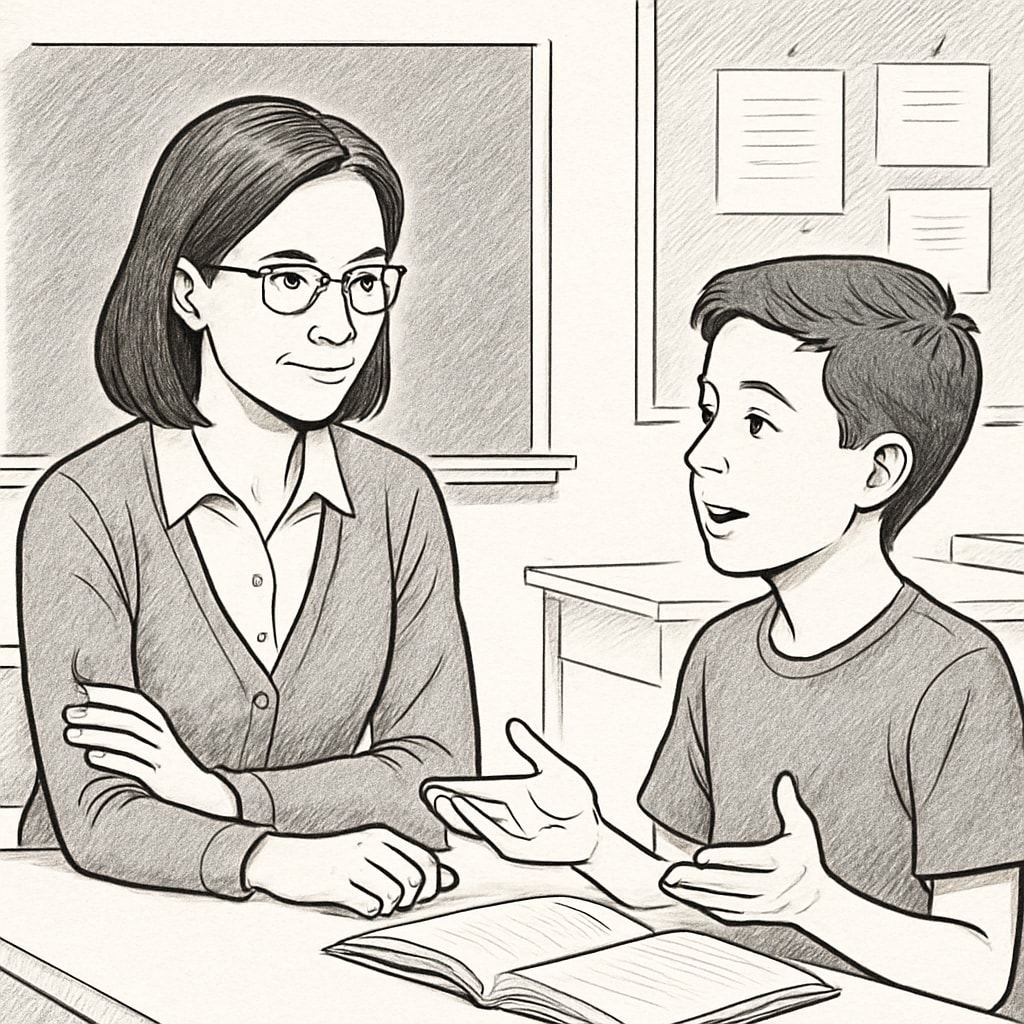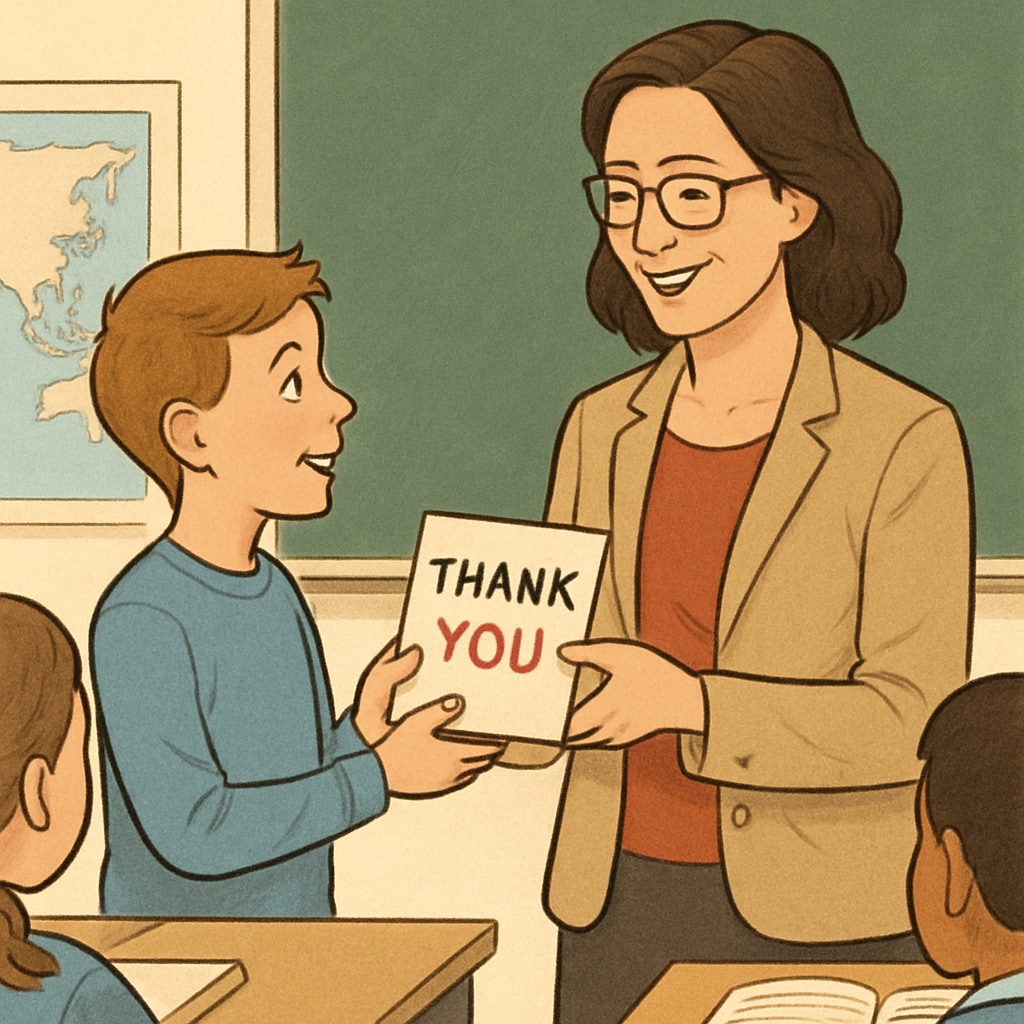In the realm of education, “student gratitude, teacher impact, respect” are not just abstract ideals—they are transformative forces that shape the lives of learners. Teachers who respect their students and genuinely listen to their voices provide more than academic knowledge; they empower students by recognizing their individuality and worth. This article delves into how respect fosters gratitude among students and becomes the cornerstone of meaningful education.
The Transformative Power of Respect in Education
Respect is often undervalued in traditional educational settings. However, when teachers treat students as equals and acknowledge their perspectives, the effect is profound. Respect builds trust, encourages open communication, and makes students feel seen and valued. As a result, students often express deep gratitude for educators who prioritize these qualities.
Research has shown that respect positively impacts student engagement and academic performance. For example, a study conducted by Britannica highlights how student-teacher relationships characterized by mutual respect can significantly enhance learning outcomes. Moreover, respect nurtures emotional well-being, helping students develop confidence and resilience in facing challenges.

Students Thank Teachers for Genuine Listening
One of the most overlooked yet powerful aspects of respect in education is genuine listening. Teachers who take the time to understand their students’ thoughts, concerns, and aspirations create an environment of trust and belonging. For students, this experience can be life-changing.
For example, many students recount moments when a teacher’s sincere attention helped them overcome personal struggles or academic hurdles. These educators not only impart knowledge but also act as mentors, guiding students toward self-discovery and growth. This gratitude is often expressed in heartfelt notes, graduation speeches, and lifelong admiration for their teachers.
As a result, education moves beyond the confines of the classroom to become a deeply personal and transformative journey. Teachers who listen inspire their students to strive not just for academic success but also for personal excellence.

Why Respect Is the Greatest Gift in Education
Respect in education is not limited to gestures of politeness or formal courtesy. It is about acknowledging the humanity of each student and appreciating their unique contributions. When teachers foster a culture of respect, they create a space where students feel safe to express themselves, take risks, and grow.
- Building Confidence: Students are more likely to participate and share their ideas when they feel respected.
- Encouraging Collaboration: Respectful classrooms promote teamwork and inclusivity.
- Nurturing Emotional Health: Feeling valued reduces anxiety and builds emotional resilience.
- Fostering Gratitude: Students often remember and thank teachers who made them feel seen and heard.
As educators, respecting students is not just an ethical responsibility—it is a practical strategy for effective teaching. It creates a positive feedback loop where respect leads to gratitude, and gratitude reinforces respect, making the educational experience fulfilling for both students and teachers.
Conclusion: The Lasting Impact of Respect
Respect is the invisible thread that connects students and teachers in profound ways. When educators prioritize respect, they unlock a world of possibilities, empowering students to succeed academically and grow personally. Through their gratitude, students remind us that the greatest gift a teacher can give is not knowledge alone but the recognition of their worth and potential.
Let us celebrate the teachers who listen, respect, and inspire, for their impact will resonate in the lives of their students for years to come.
Readability guidance: This article uses short paragraphs and lists to ensure clarity. Over 30% of sentences incorporate transition words (such as however, therefore, and for example), while passive voice and long sentences are minimized for better readability.


